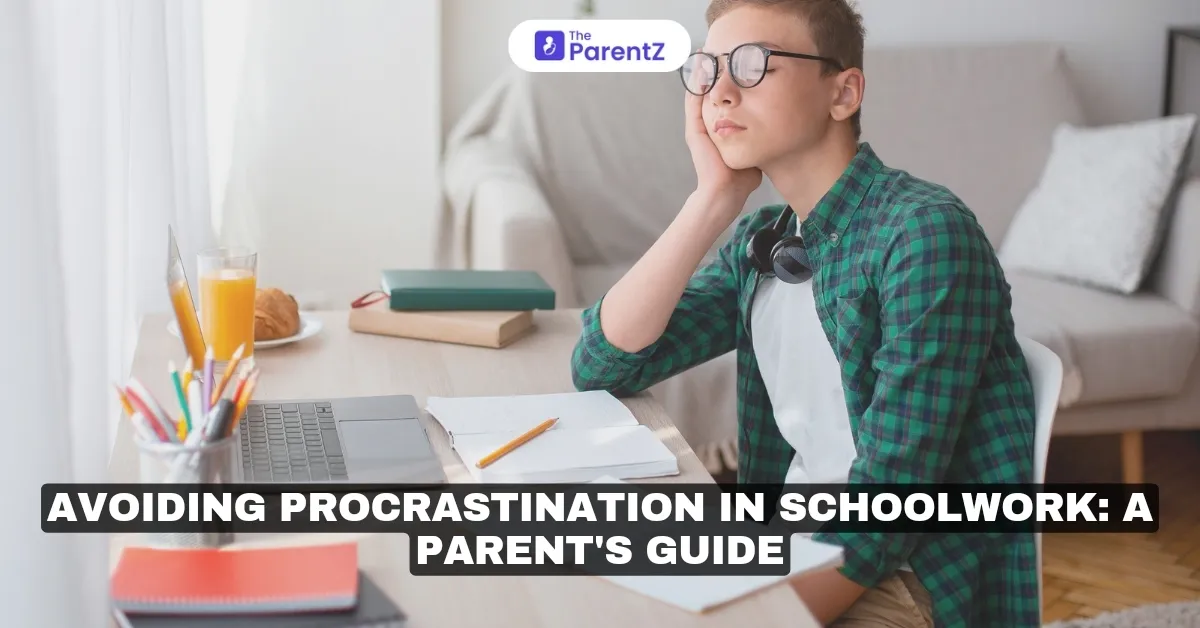Procrastination—delaying or postponing tasks—is a common struggle for many students. It can lead to stress, lower grades, and a loss of self-esteem. As a parent, you may feel frustrated watching your child delay assignments or studying, but learning the underlying causes can empower you to provide effective support.
Understanding Procrastination: Beyond Laziness
Do not categorize procrastination as just a time management issue; it is deeply rooted in psychological factors. According to research, procrastination can be attributed to several key theories:
- Temporal Motivation Theory: This theory posits that procrastination arises from the interplay of task value, self-efficacy, impulsiveness, and delay. Essentially, if a child perceives a task as low-value or believe they cannot complete it successfully, they are more likely to procrastinate.
- Anxiety and Fear of Failure: Many students procrastinate due to anxiety related to their performance. Fear of failure or perfectionism can make tasks feel overwhelming, leading to avoidance behaviors.
- Mood Regulation: Procrastination can also be a way to manage negative emotions. When faced with stressful or boring tasks, children may choose immediate comfort over long-term benefits, believing they will feel more capable of tackling the task later.
Understanding these theories can help parents recognize that procrastination is often a complex interplay of emotions and beliefs rather than simple laziness.
Signs Your Child Might Be Procrastinating
Recognizing procrastination in your child involves observing certain behaviors:
- Frequent Complaints About Homework: If your child often expresses frustration about assignments but does not take action, they may be avoiding the work.
- Last-Minute Cramming: Rushing to complete tasks at the last minute is a classic sign of procrastination.
- Avoidance of Difficult Tasks: If your child consistently opts for more manageable tasks while neglecting more challenging ones, this could indicate an underlying fear of failure.
Proven Strategies for Avoiding Procrastination
To help your child avoid procrastination in schoolwork, consider implementing these strategies:
Foster Self-Efficacy
Please encourage your child to believe in their ability to succeed. This can be achieved through:
- Setting Achievable Goals: Break tasks into manageable goals. Celebrate small wins to build confidence.
- Providing Resources: Equip them with tools, such as study guides or organizational apps, that enhance their ability to complete tasks effectively.
Enhance Task Value
Make assignments feel more relevant and engaging:
- Connect Learning to Interests: Help your child see how schoolwork relates to their interests or future aspirations.
- Incorporate Fun Elements: Use games or interactive methods for subjects they find tedious.
Create a Structured Environment
Establishing a conducive study environment can significantly reduce procrastination:
- Designate a Study Area: Ensure that there is a quiet space free from distractions where your child can concentrate on their work.
- Set Regular Study Times: Consistent routines help children know when it's time to study and reduce the temptation to delay.
Teach Time Management Skills for Avoiding Procrastination
Help your child develop practical time management skills:
- Use Timers: Encourage them to work in focused bursts (e.g., 25 minutes of work followed by a 5-minute break).
- Prioritize Tasks: Teach them how to prioritize assignments based on deadlines and importance.
Address Emotional Barriers
Since emotions play a significant role in procrastination, helping your child manage their feelings is crucial:
- Encourage Open Communication: Make sure that your child feels comfortable discussing their fears and anxieties regarding schoolwork.
- Mindfulness Practices: Introduce techniques like deep breathing or meditation to help them handle stress.
Model Positive Behavior
Children often learn by example:
- Demonstrate Good Habits: Show your child how you manage your own tasks and responsibilities without procrastinating.
- Share Your Experiences: Talk about times when you met similar challenges and how you overcame them.
Professional Help
If your child's procrastination is significantly impacting their academic performance or overall well-being, seeking professional help may be beneficial. A therapist or counselor provides personalized guidance and support.
Conclusion
Procrastination is a multifaceted issue that many students face today. Remember, overcoming procrastination is a journey, and progress may not be immediate. By executing these strategies and providing a supportive atmosphere, you can empower your child to develop healthy study habits and achieve their academic goals.








Be the first one to comment on this story.